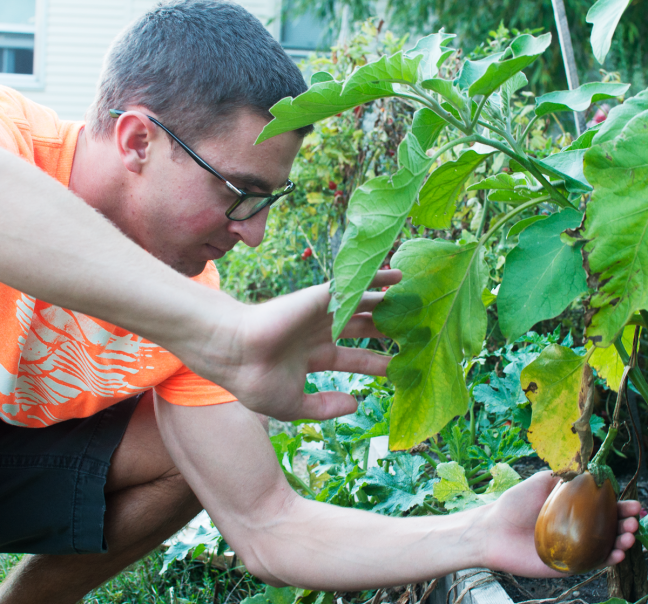In a move to promote organic and locally grown food being stocked in campus dining halls, the University of Wisconsin’s Slow Food International chapter is hosting a “Real Food Week” to create dialogue about good, clean and fair foods.
Slow Food UW’s “Real Food Week” will bookend National Food Day on Oct. 24 and is designed to raise awareness and promote “real food” on campus, Paige Kelly, member of Slow Food International said.
“Real” food is organic, locally grown food that uses environmentally friendly practices in production and treats animals fairly, Kelly said. The national organization behind the event, Real Food Challenge, is urging universities to commit 20 percent of their dining services budgets to serving “real food,” she said.
UW spends about $4 million per year on food, so roughly $1 million would need to be “real food,” Kelly said.
In order to move closer to their goal of having UW commit 20 percent of dining funds to “real food,” Slow Food UW, in partnership with F.H. King Students for Sustainable Agriculture, will host lectures, movies, panels and eating events to get members of the campus community talking and telling their “food story,” Kelly said.
“Slow Foods is an extremely strong community,” group member Jared Ottmann said. “Our biggest thing is creating more awareness, especially in the dorms, where students are not being exposed to ‘real foods.’ We are trying to get more people excited about food and the potential for more real food on our campus in the future.”
Slow Food International got its start in Italy when the production of McDonald’s started in Europe, and residents became “paranoid” because they were unaware of where their food was coming from, Kelly said. The Madison branch of the organization also holds events throughout the “food-insecure” areas of the city, where most households do not have access to supermarkets and only processed foods, Kelly said.
The campus chapter also hosts events throughout the year ranging markets to create access to “real food” and cooking workshops to educate students and cafés to serve these kinds of products, Kelly said. Slow Food looks to increase knowledge about food systems and having access to a food culture by hosting these events and going into the dorms to educate and create awareness, she said.
Other events as part of Real Food Week include a screening of the film “Ingredients,” which explores the relationships between local farmers, chefs and natural foods on Tuesday, Kelly said. There will also be petitioning for the Real Food Challenge that will take place on Thursday on Bascom Hill, in Gordon Dining and Event Center and Four Lakes Market, she said. To close out the week’s events, there will be a Harvest Festival at the F.H. King garden, she said.
Kelly said this year would be different from previous years because the campus is hosting the event and they are hoping to create a more broad dialogue.
“As much as we are all passionate about the issue, unless we start having a conversation with people who are uneducated or want to get involved but do not know how, then we are not fulfilling our mission statement,” Kelly said.
Kelly said the participating organizations hope to achieve a well and knowledgeable student body by facilitating discussions and creating connections through a multitude of opportunities.


